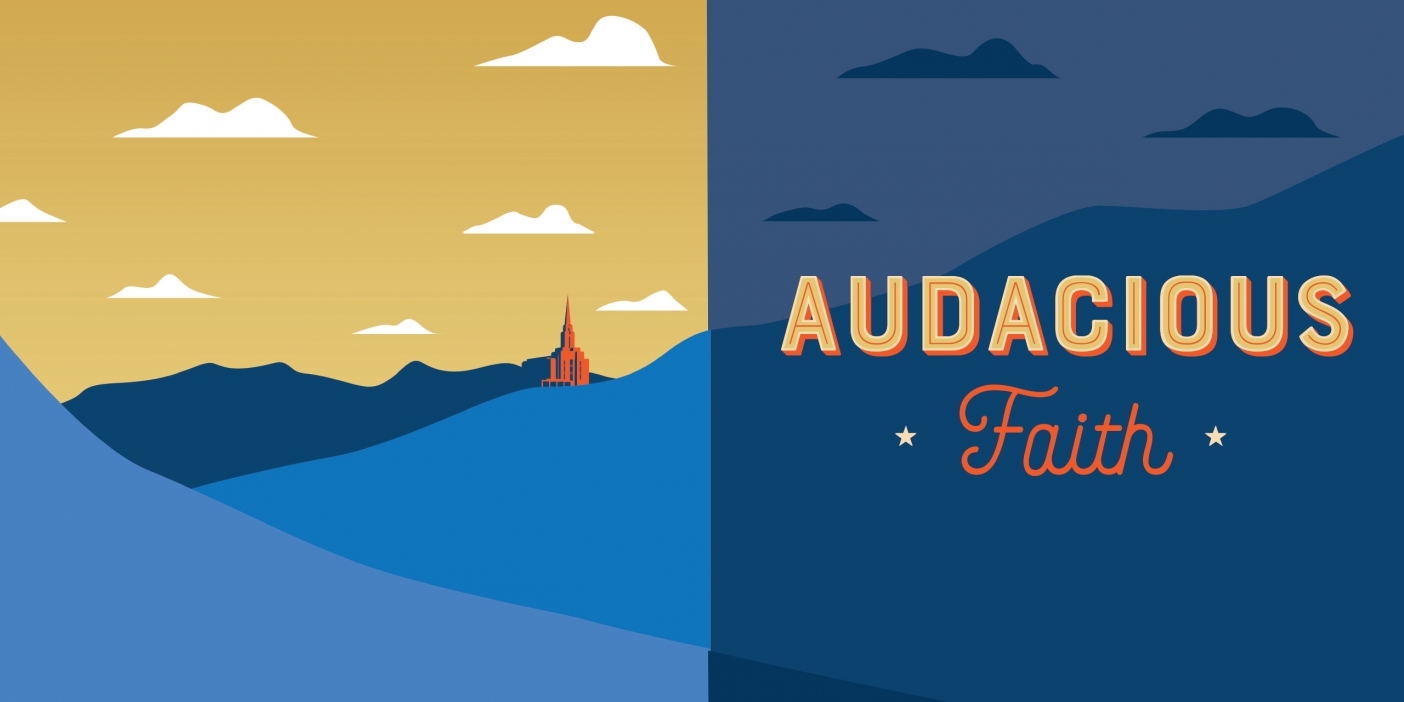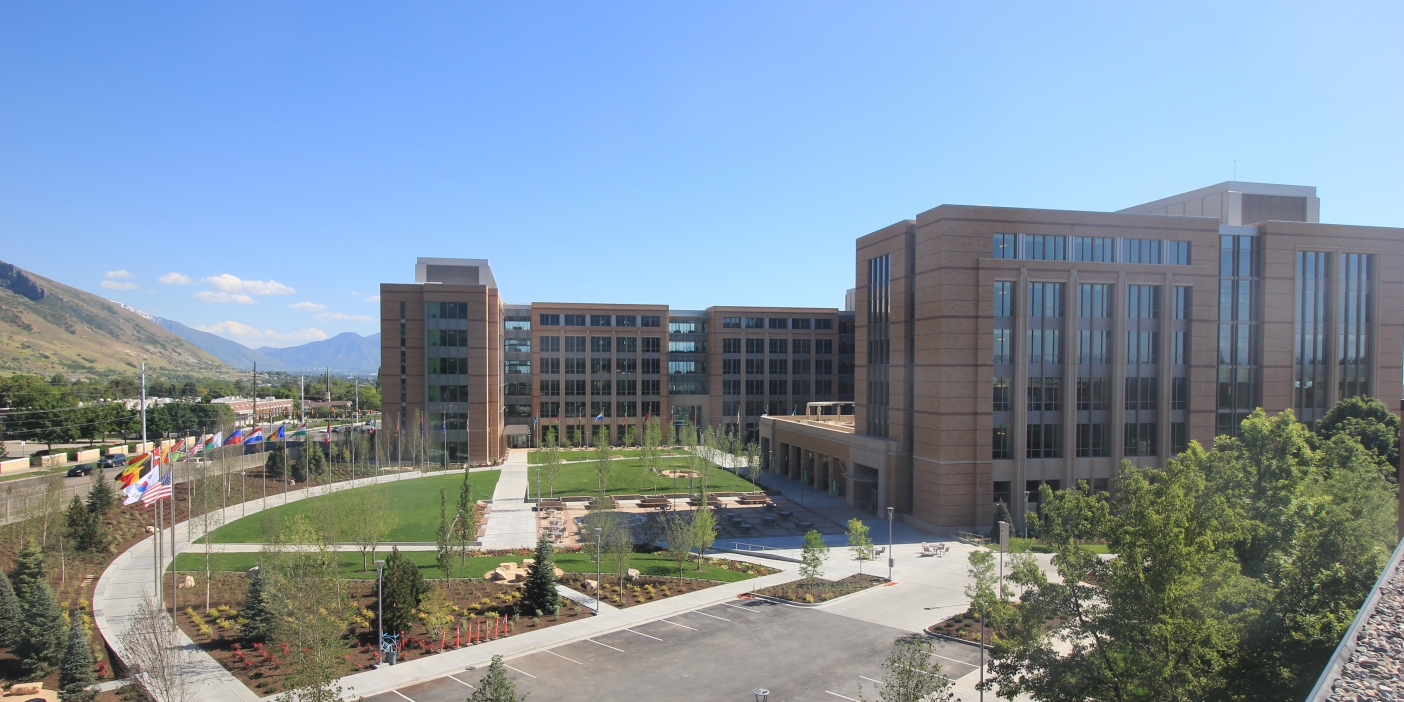The pursuit of knowledge is a lifelong endeavor with eternal ramifications.

Past learning creates a valuable foundation of experience upon which to build, not a comfortable place to dwell for a lifetime.
For most worldly possessions, the old adage is true: You can’t take it with you. However, the intellectual treasures of knowledge and of spiritual values hold a promise of eternal significance. We read in the Doctrine and Covenants that “whatever principle of intelligence we attain unto in this life, it will rise with us in the resurrection” (D&C 130:18).
So while mortality is only a small moment in eternity, learning throughout our mortal lives is an essential part of our eternal education. Here on earth, as Brigham Young once observed, “we are in a great school” (Journal of Discourses [London: Latter-day Saints’ Book Depot, 1854–86], vol. 12, p. 124).
Let’s take a moment to reflect on some of the attributes of lifelong learners.
Courage: Lifelong learners have the courage to overcome the fear of leaving the outer limits of their educational comfort zones and entering the unknown.
Faithful Desire: Lifelong learners have an insatiable, unselfish inner desire to acquire a wide spectrum of knowledge for the mere joy of attaining and sharing the increased knowledge without any recognition or reward.
Humility: Lifelong learners recognize that intelligence is a gift of God; they do not dwell on it or become prideful about their personal intelligence quotient or accomplishments.
Patience: Lifelong learners acquire an inordinate degree of patience in their quest for learning. They understand that it takes a great deal of energy and a great deal of time to find pure knowledge.
Curiosity: Lifelong learners never lose their God-given, inherent curiosity. They find exhilarating joy and satisfaction in discovering the answer to something previously unknown to them.
Communication: Lifelong learners are teachers at heart, reveling in the communication of knowledge. They find joy when those whom they teach are uplifted and strengthened.
In addition to all the attributes we have talked about, lifelong learners see the connection between what we have learned in the past, what we are learning now, and what we can learn in the future. Lifelong learners are cumulative learners.
In the 1970s I observed Elder Theodore M. Burton presenting the future concept of computers being used for family records and research. He was even bold enough to proclaim that computer technology was given to man to hasten the day of family history, genealogy, and temple work.
Elder Burton’s initial computer proclamation was met with understandable reservations: “Computers will always be too big and too expensive for personal use.” “The detail and explanation required to make personal research compatible with temple records are too complex.” All seemed reasonable reservations for their time.
Today we are embarking on a new era of family history computer technology. With the release of a new Internet-based system we will be able to prepare and submit names for temple work from our homes. This system will help you readily see which ancestors need proxy temple ordinances, and after an ordinance is completed, a record of the completed ordinance will quickly be available on this secure Web site.
Why do I tell this story? I have a simple message: never dwell on the past or attempt to protect your comfort zone against the changes required to meet future advancements. Past learning creates a valuable foundation of experience upon which to build, not a comfortable place to dwell for a lifetime.
As you stand atop any peak you have climbed, enjoy the moment and look at the remarkable view and the progress you have made. But then turn around to see what new peaks are in sight and set a course to climb higher.
The real meaning of lifelong learning takes shape in the circle of past, present, and future—progressing as time moves on in its swift, inevitable pace. What we do with our time will determine the degree of knowledge and spiritual values we take to the eternities following our mortal test.
This article is adapted from a devotional address given Aug. 19, 2008, during Campus Education Week by Elder Robert D. Hales, a member of the Quorum of the Twelve Apostles of The Church of Jesus Christ of Latter-day Saints.









